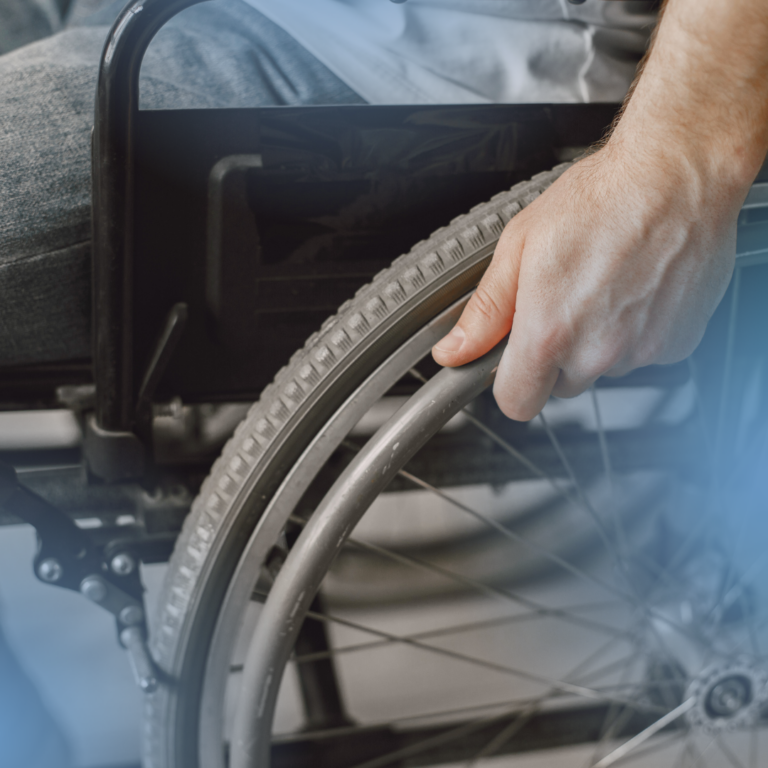One of the consequences of being injured by the negligence of a third party can be the possibility of seeing your ability to generate income, either partially or totally. In legal terms, this is known as “loss of earning capacity” and is one of the potential losses that the State of California takes into account when calculating an amount of damages.
Proving loss of earning capacity requires that you and your attorney be able to determine how much you would have earned had you not been injured. Although this amount may be based on estimated amounts, the judge or jury in your case will require “reasonable certainty” proof that your injuries make you unable to work. The most common types of tests are:
- Doctors and therapists who can determine your disability and estimate its duration.
- Vocational specialists or other professional authorities who can argue in favor of your working life expectancy, experience, skills and possible occupations that you can perform with your new condition.
- An economist who can determine how your income would have increased had you continued in the job you are not able to continue.
- Your former employer can testify about your job performance, your contributions to the company, and possible opportunities for promotion that you missed because of your injuries.
While the amount awarded for loss of earning capacity will vary greatly due to many factors unique to each case, it is always worth considering factors such as:
- The salary received in your previous job
- Any promotions or raises you have received
- Your salary prospects after the accident
- How long will your impairment or disability last?
- How many years do you have left to reach retirement age?
Any compensation for loss of earning capacity must take into account other lost benefits from your previous job, including: allowances, overtime pay, bonuses, sales commissions, paid vacations, and tax contributions (such as 401k plans).
Finally, it is important to remember that “loss of earning capacity” is different from “loss of earnings”, as this second term refers to the income that you have already lost during the lost work days.


